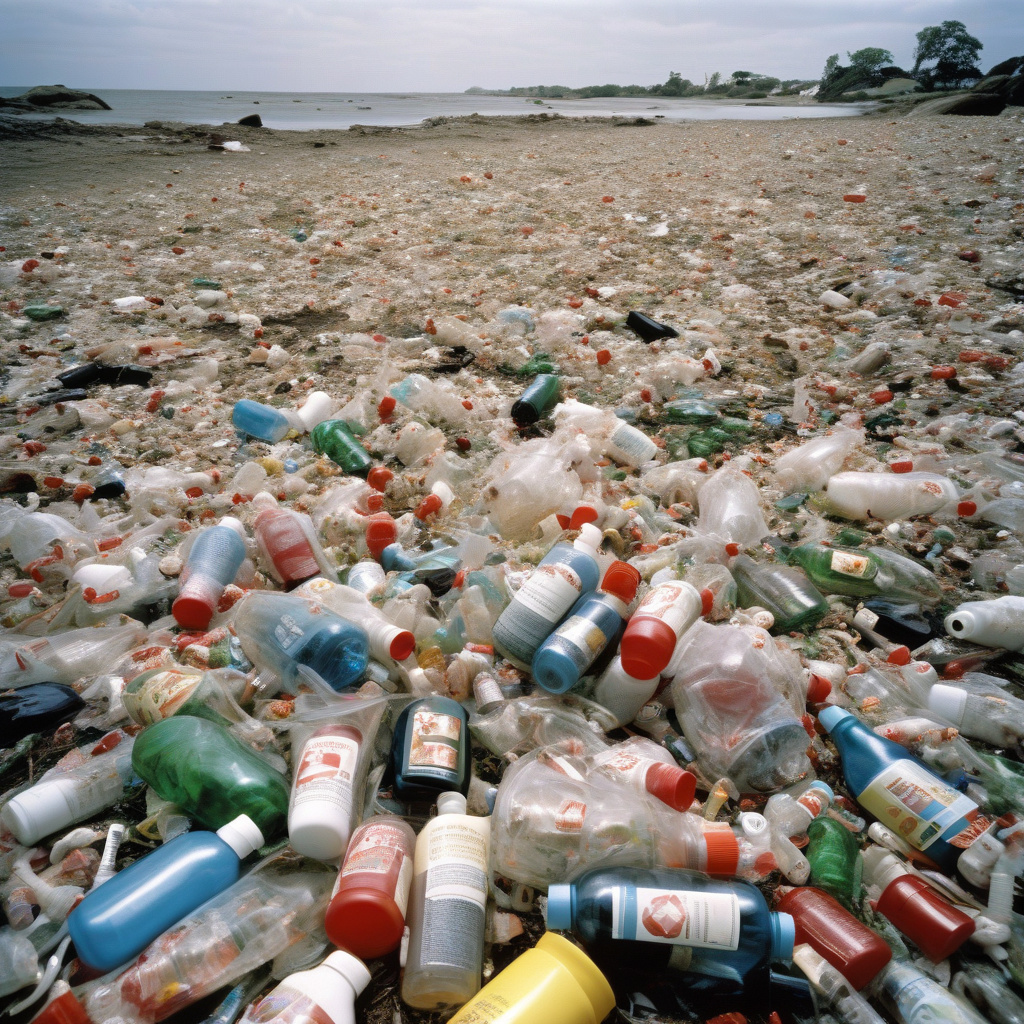Plastic Chemical Sparks Global Crisis with 356K Cardiovascular Deaths, Finds Study
A silent killer may be lurking in your kitchen cabinet—and your hospital room. A plastic chemical, once hailed as a revolutionary invention, is now at the center of a global crisis. According to a recent study, this harmful substance has been linked to a staggering 356,000 cardiovascular deaths worldwide.
The chemical in question is bisphenol A (BPA), commonly found in plastic products such as food containers, water bottles, and the lining of canned goods. Initially introduced for its durability and heat-resistance, BPA has since revealed its dark side. Studies have shown that it can leach into food and beverages, especially when heated, posing serious health risks to consumers.
The latest research, published in the European Heart Journal, sheds light on the devastating impact of BPA exposure. The study found that individuals with the highest levels of BPA in their urine had a 49% higher risk of death from cardiovascular disease compared to those with the lowest levels. This alarming statistic underscores the urgent need for action to address this silent but deadly threat.
So, how does BPA contribute to such a significant number of deaths? The answer lies in its ability to disrupt the endocrine system and interfere with hormone regulation in the body. This disruption can lead to a range of health issues, including hypertension, diabetes, and obesity, all of which are major risk factors for cardiovascular disease.
What makes BPA particularly insidious is its ubiquity in modern life. From plastic water bottles to receipts and even dental sealants, this harmful chemical is nearly impossible to avoid. Despite mounting evidence of its health risks, BPA continues to be used in a wide range of consumer products, putting millions of people at risk every day.
The good news is that awareness of the dangers of BPA is growing, prompting many consumers to seek out BPA-free alternatives. In response to public concern, many manufacturers have started producing plastic products labeled as “BPA-free” to reassure consumers of their safety. However, experts caution that not all BPA substitutes are necessarily safer, as some may have similar chemical structures and pose comparable risks.
In addition to individual actions, policymakers play a crucial role in addressing the BPA crisis. Countries like France and Canada have already banned the use of BPA in certain products, and the European Union has restricted its use in baby bottles. These regulatory measures are a step in the right direction, but more comprehensive action is needed to protect public health on a global scale.
As we confront the harsh reality of BPA’s deadly consequences, it is clear that immediate and decisive action is needed to mitigate its impact. By raising awareness, demanding safer alternatives, and advocating for stricter regulations, we can work together to eliminate this toxic threat from our lives and protect the health of current and future generations.
In the battle against BPA, knowledge is power. Let us arm ourselves with information and take a stand against this silent killer before it claims more lives.
plastic, chemical, cardiovascular deaths, study, BPA












